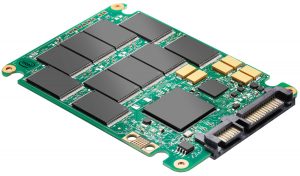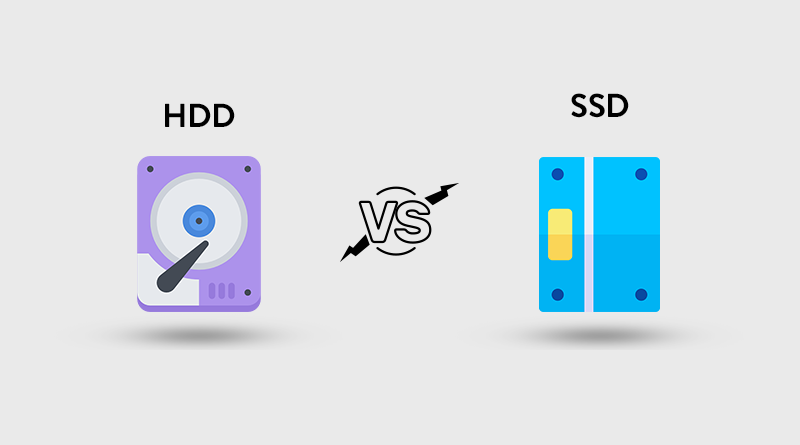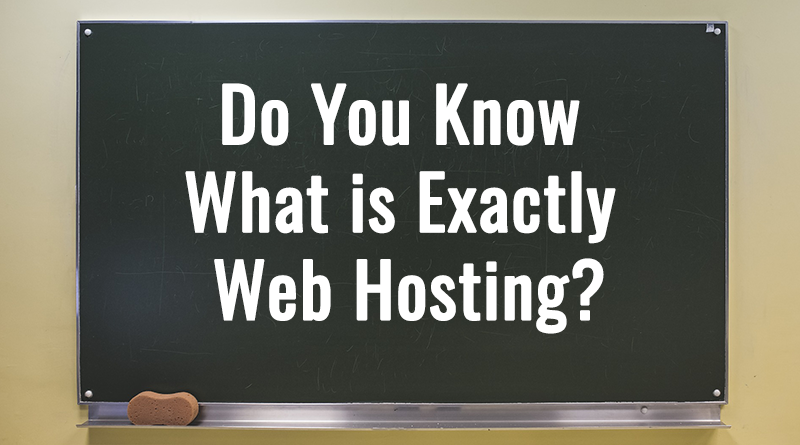To determine the best reseller hosting solution, it is essential for you to know the different types of reseller hosting services. HDD and SSD are two main types of reseller hosting and there is a broad difference between them. In this article, we will take a close look at both of these web servers and how does it make a difference to your hosting environment.
If your website takes longer to load then it may result in loss of interest of your audience in your business. Ultimately your overall revenue will get hampered and that’s the reason you should prioritize the performance of your server. The aspect that affects the performance of the server is its hardware. If your web server’s hardware is backed by powerful hardware your web pages will load instantly and you might be already aware that ‘speed’ is a crucial factor in today’s world of competition. Besides, you also need to make sure you choose a web host that offers 24/7 customer support.
Let’s take an overview of the technical features of HDD and SSD drives.
HDD drives
A hard disk drive (HDD) is the most commonly used drive on today’s date and is used for storing a large amount of data. The data on this drive is stored using the magnetic head (inside air-sealed casing).

Pros:
• One of the cheapest available data storing devices.
• Suitable for backup and storage.
• Support up to 12TB (per drive).
Cons:
• Chances of device failure are more
• Slow in speed as compared to SSD and SAS drive
SSD Drives
A solid state-drive uses non-volatile memory to store the data. It doesn’t have any moving part like HDD has and thus results in faster performance. SSDs became popular 5-6 years back and are the latest next-generation data storing device.

Some advantages and disadvantages of an SSD are as follows:
Pros:
• Highly reliable
• Capable of performing many read/write operations within a second
• Delivers faster performance
Cons
• They are bit costlier
Know the difference
| Parameter | SSD | HDD |
|---|---|---|
| Reliability | As the SSD uses the flash mechanism to store data and no moving parts, therefore, results in faster performance and higher reliability. | HDD has moving magnetic heads for storing data on the drives, therefore, the more it gets used the more chances of failure. |
| Access Time | The average time is 35 to 100 microseconds to access data from an SSD. | 5,000 to 10,000 microseconds is required to access data from HDD. |
| Power | Less power is required | More power is required because of the spinning mechanism. |
| Price | SSDs are slightly expensive as compared to HDD. | HDD are usually cheaper than SSDs |
| Magnetism | Magnetism has no impact on an SSD. | As the HDD uses magnetism to store information on the drive, the information may get erased using the magnet |
| Heat | Because of the absence of moving parts in SSD, it generates little or no heat. | Moving parts on the drives generate energy and thus gets heated up quickly |
After going through the pros, cons and the difference between SSD and HDD drives it is clear that SSD is an ideal choice for reseller hosting. Despite the fact that they are quite expensive than HDD, the features offered are worth the money.
The factor that an SSD drive is the best option is because of the speed and performance it offers. It is 10 times faster than HDD.
The main reason behind this huge difference between the two of them is: random writes and latency.
Random writes: The majority(80%) of the input/output operations on a web server happens with random writes. While an SSD can do 30-40 writes per second, the HDD is fragile in this case.
Latency: SSD is able to locate the data on the drive much promptly than the HDD. As a result, your web pages will load faster.
Role of HDD/SSD on reseller hosting
If the drive of your server is slow, the other hardware will have to wait for them until they respond. Let’s say, you have an online forum that constantly has a huge number of visitors and consists of uniform activity. Every time the user adds a new post, it gets added to the database stored at your server. Random writes happen at this instance. If there are too many posts your HDD will get utilized and the server speed might get reduced. At the same time, if you are using an SSD drive, speed will not be a matter of concern because of the heavy database. Reason being- the server can complete the new read-write request only once the previous one is served, and since the HDD is not that fast, it cannot meet the number of requests as expected and its limit is reached quickly.
A myth that you shouldn’t believe
The common misconception among users is that SSD drive means unlimited performance but that’s not the case. SSD reseller hosting doesn’t mean you will be able to host several high traffic websites on the server and that’s because the website will exceed the CPU limits of your plan. If you want to host your website with huge traffic then choosing a cloud server with SSD storage is more suitable.
Taking the right decision

SSD server is more likely to weigh down and overcrowded. One must consider the following aspects while opting in for a web hosting company:
• Making sure that the server is up to date considering the security aspects.
• Regular monitoring of servers.
• Perfect management of the server.
• Ensuring that not too many accounts are added to the server.
• The performance of a single website doesn’t affect the whole server.
Closure:
If the above-mentioned factors are not taken into consideration, there might be a risk of hackers easily intruding your server and performing spam activities. Thus, not only choosing a good SSD reseller hosting is necessary but also choosing the best web hosting provider that takes care of your servers such as server maintenance and monitoring regularly is a must. Also, to ensure you get an excellent performance of your website, it is important you get assistance from their technical team that works round the clock.




